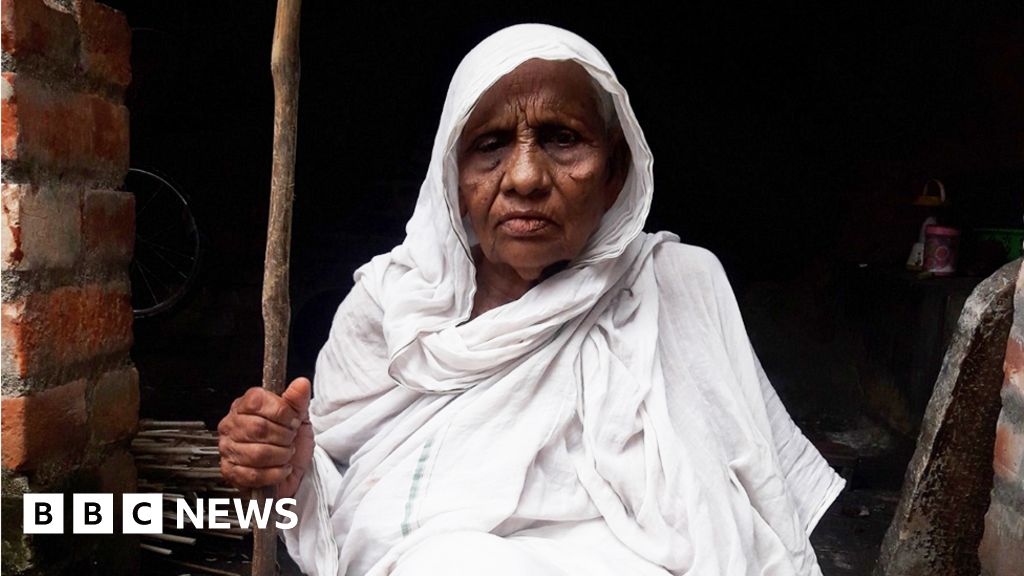Three million died in the 1943 Bengal famine - one man is collecting the remaining survivors’ tales.
This article doesn’t mention that -once more- this famine is due to british colonial biopolitics:
The colonial strategies and utilitarian principles by the British authorities exacerbated the Bengal famine. Utilizing Foucault’s concept of biopolitics, I point out how the British viewed Indian bodies discursively. To reaffirm their sense of superiority, they reduced their Indian subjects to animal-like beings’ incapable of controlling their own reproduction.
“I hate Indians. They are a beastly people with a beastly religion. The famine was their own fault for breeding like rabbits.”
-Winston Churchill
Read more at: https://yourstory.com/2014/08/bengal-famine-genocide
Cool you should stir all that 80 year old shit up again, that’ll really help everyone
In fact, why don’t we jail those responsible?!?
I’m not sure I understand what you say?
British people don’t like being reminded about one of their many, many genocides they refuse to acknowledge.
I don’t remember committing any atrocities, was I drunk at the time? There was that one evening in Newcastle mind you…
I’m saying I’m not responsible. Neither is anyone who is still alive. I didn’t make those decisions, neither did anyone related to me
You’re right. British People should forget the past. The Battle of Trafalgar, The Battle of Quebec, and Waterloo are none of your business if you weren’t alive at the time. All of those monuments should be burred with the last surviving witness.
There are only a handful of Brits left who can even claim to have defeated the Nazis.
Thanks for the clarifications. Of course noone can be responsible for stuff that happened before their lifetime.
Our responsibility lays on to how we address this colonial past. The way I see things, we need to face it and address it, not put it under the rug. It’s the least we can do and its important to do so for the millions of people around the world who were not alive then, but still have to live/survive the outcomes of colonial past policies. Racism would be one of them, the list is long.
Yep, and a lot of racism is caused by people dragging up the past, and telling people that, for example “The Brits are to blame, you should hate them for what their ancestors did!”
It’s fucking stupid and does nothing but fuel hate
This is the best summary I could come up with:
Also with them is Sailen Sarkar who, for the past few years, has been travelling around the Bengali countryside, gathering first-hand accounts from survivors of the devastating famine.
Bengal now found itself near the front line and Calcutta became host to hundreds of thousands of Allied soldiers and workers in wartime industries, increasing the demand for rice.
Meanwhile, British fears that the Japanese would attempt to invade east India prompted a “denial” policy - this involved confiscating surplus rice and boats from towns and villages in the Bengal Delta.
The aim was to deny food supplies and transport to any advancing force, but it disrupted the already fragile local economy, and caused prices to rise further.
There is a long-running and often heated debate over culpability for this humanitarian catastrophe and in particular whether British Prime Minister Winston Churchill did enough - in the middle of a war on many fronts - to alleviate the crisis and help Indians, once he knew about its severity.
The famine is remembered in iconic Indian films, and photographs and sketches from the time, but Kushanava says it has rarely been recalled in the voice of the victims or survivors: "The story is written by the people who it didn’t affect.
The original article contains 1,602 words, the summary contains 207 words. Saved 87%. I’m a bot and I’m open source!



